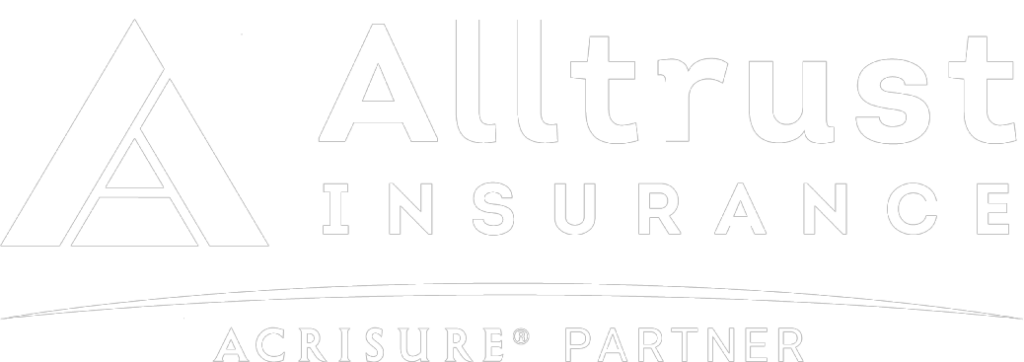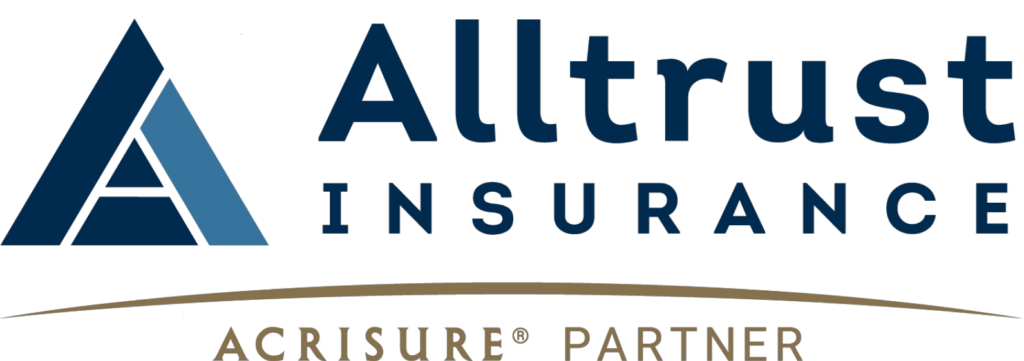The Biden administration proposed a vaccine or test requirement for large private companies in which required that workers at businesses with 100 or more employees get vaccinated or submit a negative Covid test weekly to enter the workplace.The mandate further required unvaccinated workers to wear masks indoors at work. The Supreme Court blocked the decision earlier this month but allowed a vaccine mandate to stand for medical facilities that take Medicare or Medicaid payments.
The court’s decision to strike down the business mandate comes as the pandemic continues across the U.S., with the highly contagious omicron variant driving an unprecedented surge of new infections. According to CNBC analysis of data from Johns Hopkins University, the U.S. is reporting 786,000 new infections daily on average, a pandemic record and a 37% increase.
What Does This Means For Businesses?
Employers should become familiar with the new penalty amounts and review their benefit plan administration protocols to ensure full compliance. Increased civil penalty amounts for certain violations became effective November, 15, 2021. The U.S. Department of Health and Human Services (HHS) has increased the following critical penalties affecting group health plans:
- Summary of Benefits and Coverage: up to $1,190 per participant or beneficiary.
- Medicare Secondary Payer: up to $9,753.
- HIPAA privacy and security rules: Penalties depend on the type of violation involved and are broken down into “tiers” that reflect increasing levels of knowledge of the violation, as follows:
- Tier one: Minimum $120, maximum $60,226, annual cap $1,806,757.
- Tier two: Minimum $1,205, maximum $60,226, annual cap $1,806,757.
- Tier three: Minimum $12,045, maximum $60,226, annual cap $1,806,757.
- Tier four: Minimum $60,226, maximum and annual cap $1,806,757.
In the Occupational Health and Safety Administration’s (OSHA’s) case that large employers are vaccinated or get tested regularly, the agency was using its authority under a statute called the Occupational Safety and Health Act of 1970 to regulate workplace safety. The scope of OSHA’s authority under this law, however, does not dictate whether an employer gets federal funding or not.
The court settled the matter concerning large employers in a 6-3 decision to block the rule that OSHA would have issued. As for health care facilities, the court ruling was 5-4. The rulings take immediate effect and remain in place until further notice or unless they are overruled. This decision impacting health care workers allows the administration to enforce vaccination requirements with certain exemptions for workers claiming medical or religious grounds.
How Employers Can Respond
COVID-19 vaccination and testing mandates can stir varying reactions and feelings—both positive and negative—that can spill into the workplace.
Should employers anticipate workplace unrest? According to a recent Qualtrics survey:
- 60% of employees say they support vaccine mandates in the workplace.
- 23% of employees say they’d leave their company if they mandated vaccinations.
- 24% of employees won’t feel safe if their company doesn’t mandate vaccines.
Employers can consider the following ways to address employee concerns:
- Listen to employees. Every workplace has a different environment, but employers should understand the concerns of their employees, especially when it comes to the Covid vaccine mandate. It’s essential for employers to educate employees on vaccine efficacy, safety, and benefits. Draft talking points for managers and ensure every employee has access to the information.
- Encourage a supportive environment. Employees will likely have different viewpoints and beliefs about the vaccine mandate. Employers should create a considerate environment for all employees, regardless of their beliefs.
- Provide information. It’s important for employers to strictly stick to providing factual information on the Covid vaccine policy. Employees should have the knowledge and easy access to company policies and practices, vaccination locations, paid time off, incentives, and reporting. Remind employees that the company is following guidelines and complying with covid requirements.
- Have vaccinated personnel as available resources. It could be beneficial for vaccinated managers and higher officials to be open to their fellow employees if they have any questions or concerns about receiving the vaccine. Employers should be fully aware of local, state, and federal covid guidelines and requirements.
Workplaces everywhere should take all the necessary steps and precautions to ensure a healthy work environment for all their employees, especially during a global pandemic. A priority for employers is to make sure their employees are safe and protected. Employees should also have easy access to their company’s covid requirements, and be able to ask questions on how the mandate may affect their workplace environment.
Stay Safe With Alltrust
The rules and regulations regarding Covid vaccines have been ever-changing. Stay current with local, state, and federal requirements to ensure your employees are protected and your company is in complete compliance. Allow employees to freely and respectfully voice any concerns they might have and encourage informed discussions.
The pandemic has changed workplaces everywhere, making them adapt their work practices and daily operations. Reach out to Alltrust Insurance for additional guidance to maintain positive employee relations amid workplace mandates.




